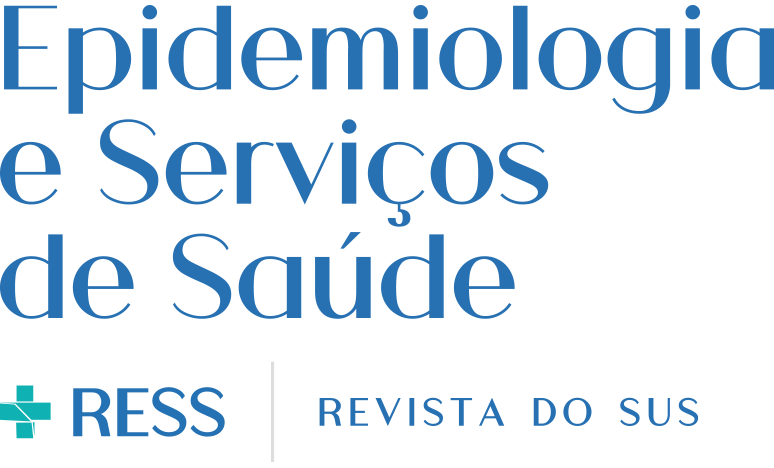ABSTRACT
Objective: to describe the access to and utilization of health services among the Brazilian population according to sociodemographic characteristics, based on the 2019 National Health Survey (Pesquisa Nacional de Saúde - PNS).
Methods: this was a cross-sectional descriptive study based on a PNS sample; the prevalence and respective confidence intervals of data stratified by sex, schooling, age and national macro-region of residence were calculated; data were analyzed using Stata software version 16.1.
Results: a total of 293,725 individuals were interviewed; males showed lower proportion of medical consultations (66.6%) and were less likely to seek care (17.6%); among those living in the North region, 69.1% had medical consultations; 16.5% of individuals with low level of education obtained medication through the Brazilian Popular Pharmacy Program.
Conclusion: the results reinforce iniquities in access to and utilization of health services, in addition to the need for monitoring indicators in order to guide health policies in Brazil.
Keywords:
Health Services; Access to Health Services; Equity in Access; Socioeconomic Factors; Epidemiological Surveys

 Analysis of access to health services in Brazil according to sociodemographic profile: National Health Survey, 2019
Analysis of access to health services in Brazil according to sociodemographic profile: National Health Survey, 2019 Thumbnail
Thumbnail

